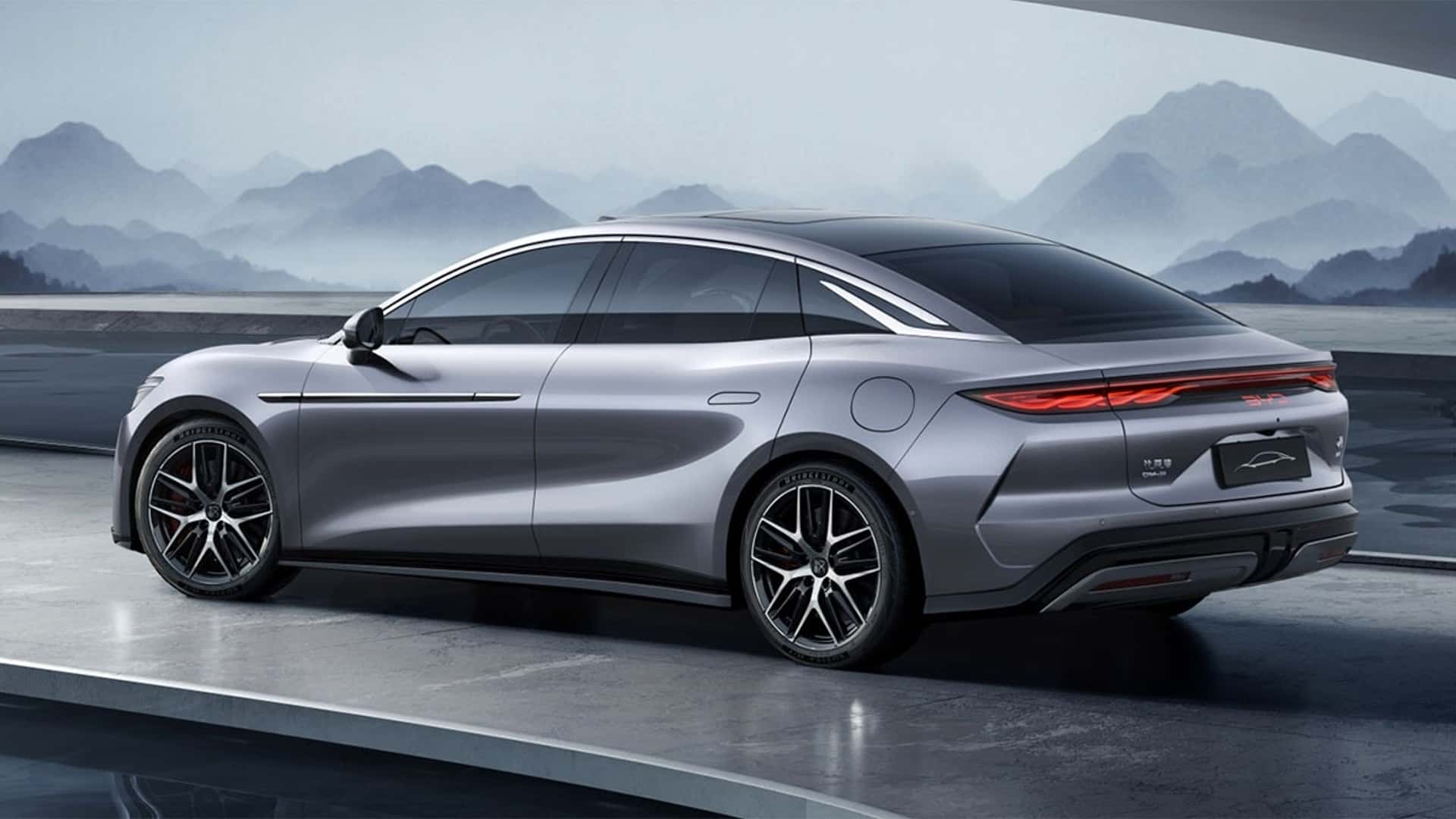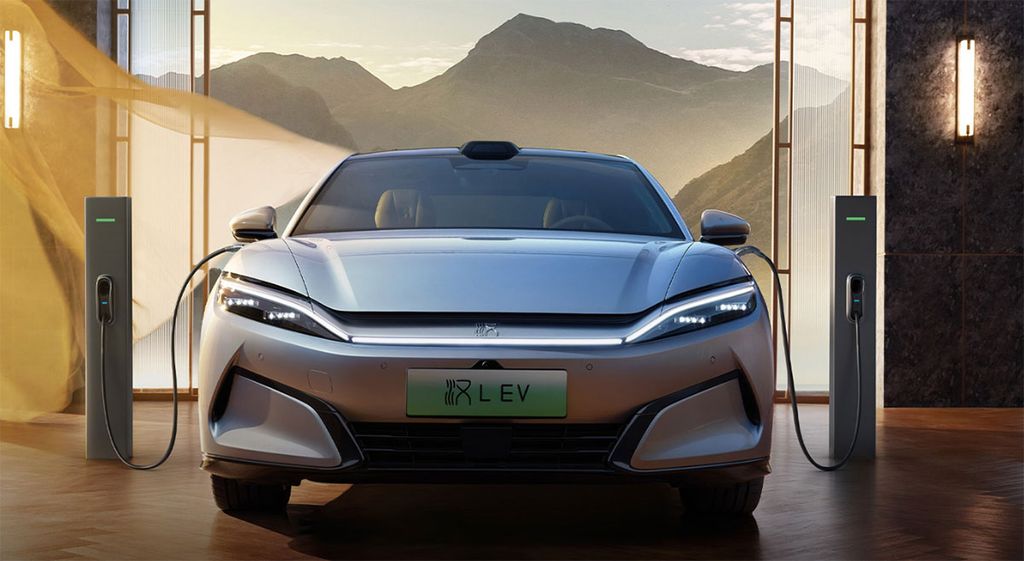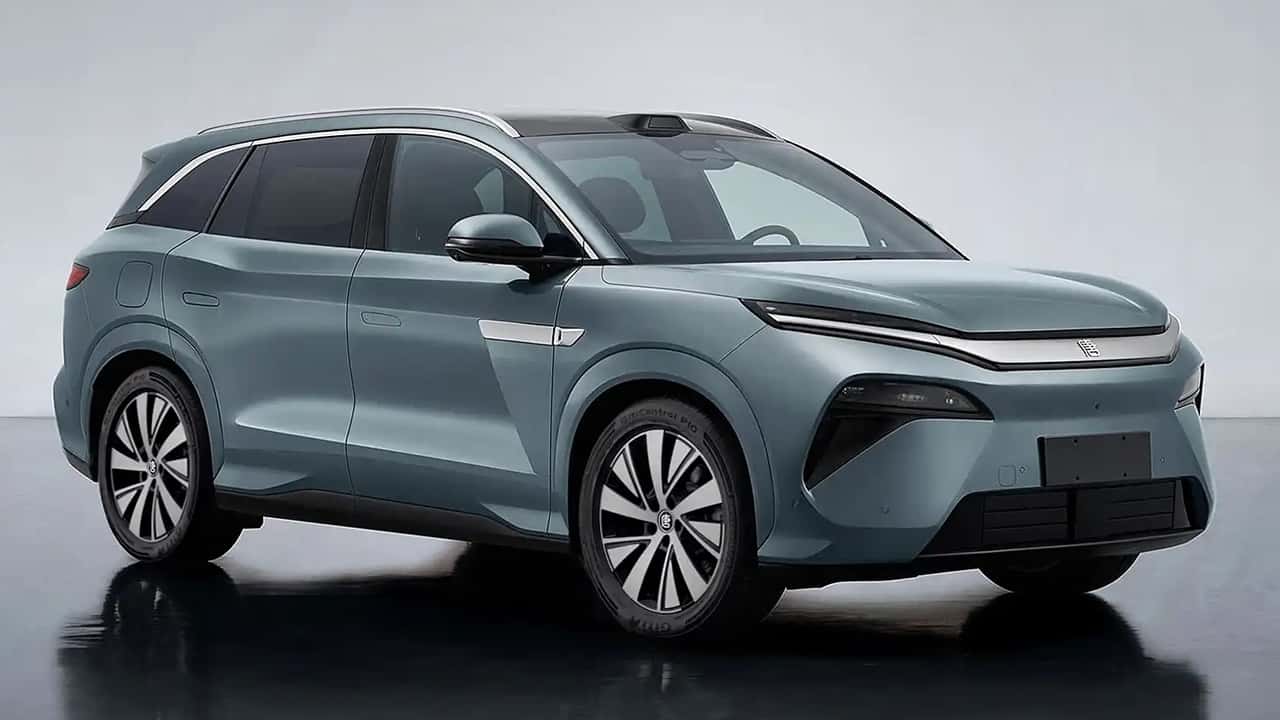
The BYD Han L sedan leaves all other electric vehicles behind in terms of charging capabilities, yet it remains more affordable than a Tesla Model 3.
- BYD is introducing two electric vehicles with "Megawatt" charging capabilities, which can add approximately 250 miles of range in merely 5 minutes.
- Both models are even more affordable than anticipated, with pricing beginning at around $28,544.
- As chargers cannot deliver a megawatt of power, the Han L and Tang L feature dual charging ports for concurrent rapid charging.
Chinese giant BYD stunned the electric vehicle sector with its announcement of Megawatt-level charging for forthcoming cars. . While U.S. market EVs top out at around 350 to 400 kilowatt when charging, BYD said its new cars will be able to charge at over double that rate, drawing Quick responses from other advanced Chinese companies pledging their own ultra-rapid charging technologies. This new technology would cut charging times down to as little as 5 minutes for 248 miles of range, effectively rendering gas obsolete in the long term Now, BYD has disclosed the pricing, and surprisingly, it’s even more affordable than originally anticipated.
The world's leading electric vehicle manufacturer states that its Han L sedan will have a base price of 209,800 yuan, which equates to approximately $28,544 based on current exchange rates. This is significantly less than the initially declared starting cost of 270,000 yuan ($36,737). Although converting the price doesn’t provide a complete comparison due to factors like tax variations and discrepancies in purchasing power parity, among others, the revised pricing remains remarkably competitive. Tesla Model 3 begins at 235,000 yuan, approximately $32,000, per Car News China That implies this groundbreaking, advanced electric vehicle, which is revolutionizing "quick" charging, comes at a lower price than a Tesla model released in 2017. This makes it clear why it’s generating such excitement. Western companies are collectively being outperformed. especially in China itself.
The Han L sedan is available in three versions, with the highest trim priced at 279,800 yuan ($37,935). This places the premium model of this stylish, luxury sedan approximately $12,000 below the typical price point for vehicles in the United States.
Every version includes an 83.2 kWh battery. BYD "Blade" battery. The official range estimates span from 373 miles (601 kilometers) to 436 miles (701 kilometers). However, these numbers are based on China’s more favorable CLTC testing cycle. In real-world conditions, you might experience a slightly lower range. Yet, thanks to ultra-fast charging technology, this isn’t as significant a concern. BYD acknowledges that many standard chargers may struggle to fully utilize the “Super E” platform’s high-speed charging potential. Therefore, they have incorporated dual charging ports designed for concurrent rapid charging sessions. This setup allows you to connect two 500-kilowatt chargers simultaneously without issues. Porsche , Lucid and Tesla In the dust. The vehicle also boasts an impressive 1,086 horsepower, ensuring they won’t be gaining any ground on the highway.

BYD God's Eye is similar to Tesla Autopilot. It also includes a standard option. Additionally, there will be a hybrid variant available for those who believe this might hinder their travel speed during road trips. The hybrid model will feature a 1.5-liter engine.
BYD is developing an SUV based on the same 1,000-volt Super E platform as the Tang L. This mid-size crossover shares comparable specifications with the Han L. The pricing range for this model begins at 229,800 yuan ($31,268) and goes up to 289,800 yuan ($39,432). For such a luxurious SUV capable of consuming enough power equivalent to what a small town might use during a brief stopover, this offers quite a remarkable value proposition.

The BYD Tang L crossover.
Obviously, fast-charging and budget-friendly electric vehicles are achievable. China has demonstrated this, but so have others. have Hyundai and Tesla To a smaller degree. The priority should be genuine investments in advanced technologies instead of lukewarm efforts like hybrid vehicles from companies more interested in selling gasoline-powered trucks. Failure to address this issue promptly could leave Western car manufacturers trailing behind their Chinese rivals.
Contact the author: Mack.hogan@insideevs.com .
Related Stories
- BYD's Latest 'Megawatt' Electric Vehicle Charger Is So Swift It Renders Gas Obsolete
- BYD's Game-Changing 5-Minute Electric Vehicle Fast Charge, Decoded
- Two Additional Chinese Firms Declare 'Mega-Watt' Electric Vehicle Charging Initiatives
- The BYD Sealion 7 Demonstrates That China's Advanced Electric Vehicles Can Still Be Dull
- Is Five-Minute EV Charging Really Necessary?
- YouTube Streamer Attempts to Purchase a Chinese Electric Vehicle but Faces Obstacles Taking It Home

Out Of Topic Show Konversi KodeHide Konversi Kode Show EmoticonHide Emoticon